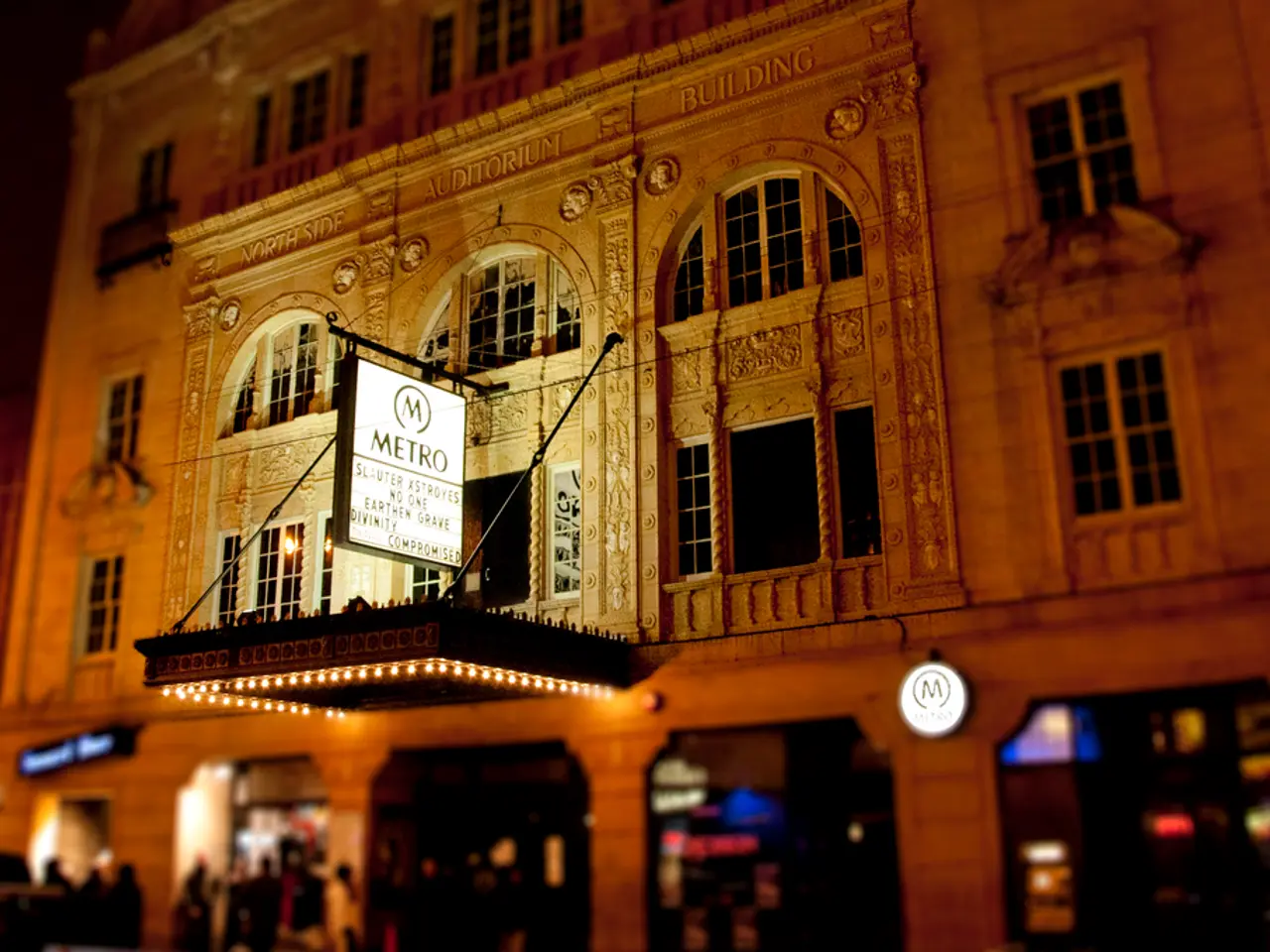Centennial Celebration and Display at Bremen City Hall: Honoring 100 years of Gewoba
Gewoba Celebrates a Century of Shaping Bremen and Bremerhaven's Housing Landscape
Gewoba Aktiengesellschaft Wohnen und Bauen, the largest real estate company in the state of Bremen, celebrated its 100th anniversary on October 10, 2024, in the Upper Town Hall in Bremen. Founded in 1924 as the "Non-profit Housing Construction Association of the Free Trade Unions for Bremen and Surroundings", Gewoba has been a pioneer in creating affordable housing and shaping the urban landscape of Bremen and Bremerhaven.
The anniversary exhibition commemorating Gewoba's rich history is open in the Lower Town Hall until October 12, 2024. Admission to the exhibition is free, and visitors can explore the company's journey from its roots as a segment of the larger housing association Neue Heimat to its evolution into an independent entity focused on managing social housing.
In the 1920s, Gewoba's first major housing project, the "Gewerkschaftsblock" in Gröpelingen, was built. This project is considered the starting point for social housing in Bremen. The centennial celebration paid tribute to Gewoba's significant impact on the housing landscape over the past century, with projects like the Garden City Vahr and New Vahr creating thousands of new apartments in the 1950s and setting urban planning standards.
The 1960s and 1970s saw urban densification, with projects like the Osterholz-Tenever settlement and the Columbus Center shaping the cityscape. However, a paradigm shift occurred in the 1980s, with the concept of large housing estates coming under increasing criticism. During this period, the Bremen Senate began separating apartments and properties from Neue Heimat, eventually purchasing them in 1987. Gewoba, as part of Neue Heimat, emerged as an independent entity focused on maintaining and revitalizing an extensive pre-existing housing stock.
Gewoba's impact on the housing landscape in Bremen and Bremerhaven has been significant in several ways. As the largest landlord in Bremen, it strongly influences local housing availability and quality, with over 40,000 rental units. Gewoba invests in developing livable urban districts with green spaces, social integration programs, and cultural initiatives, fostering neighborhood identity and cohesion.
Since 1999, the Gewoba Foundation has supported schools and youth programs in both cities, reflecting an approach that links housing with broader social development. Gewoba has also earned recognition for its work in preserving housing stock, including awards in crafts and monument conservation, indicating a balance between modernization and cultural value.
Mayor Bovenschulte praised Gewoba, stating it stands for lived solidarity, strong neighborhoods, and livable districts, affordable rents, long-term support for social projects, art and culture in districts, and exemplary ecological and economic construction projects. Senator for Urban Development Özlem Ünsal looked to the present and the future, stating that Gewoba has significantly contributed to maintaining the social housing quota of 30 percent in new construction.
Gewoba played a significant role in the post-World War II rebuilding of Bremen, and its commitment to neighborhood quality continues today. The Garden City Green Meadows in Bremerhaven became a nationwide model for numerous large housing estates. Looking to the future, the task lies in continuing to shape housing in a socially just and climate-friendly way.
With social diversity in districts ensured, Gewoba transforms from a part of the large federal housing initiative Neue Heimat in the troubled 1980s into an influential, community-engaged housing company dedicated to sustainable urban living in Bremen and Bremerhaven, maintaining a large and mostly pre-1970 housing portfolio while actively shaping social and environmental aspects of neighborhoods in the region.
[1] Gewoba
[2] Bremen Wohnen
- Gewoba continues to shape Bremen's housing landscape, being the largest real estate company in the region, with over 40,000 rental units that greatly influence local housing availability and quality.
- Gewoba's focus on investing in livable urban districts extends beyond housing, incorporating green spaces, social integration programs, and cultural initiatives to foster neighborhood identity and cohesion.
- In addition to its work in housing, Gewoba also demonstrates a commitment to furthering social development, as shown by its foundation's support for schools and youth programs in both Bremen and Bremerhaven.




